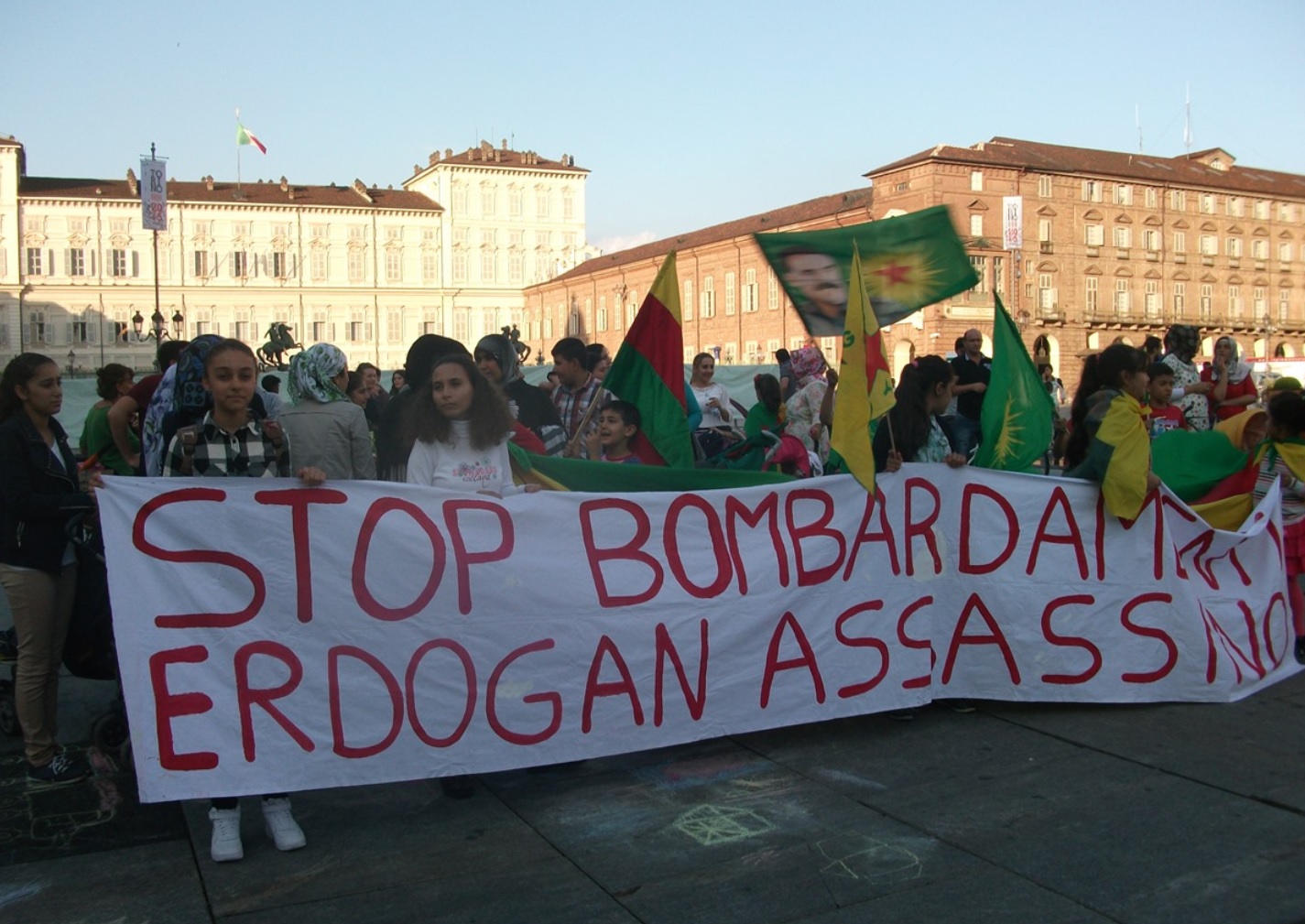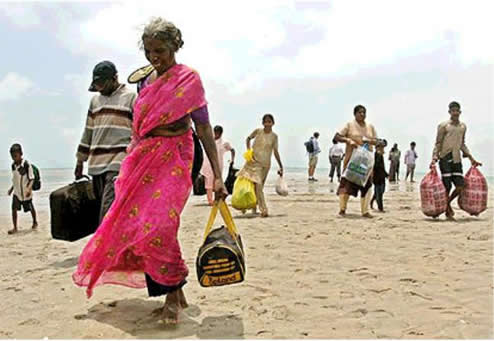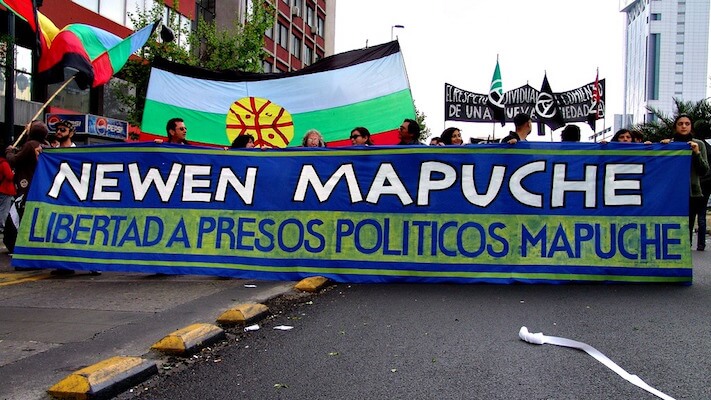By Alejandro López
Last month, wildfires ravaged Portugal, killing six people and injuring hundreds more. TV reports showed houses burning down, the evacuation of villages and roads, and railway lines closed.
On the tourist island of Madeira, more than 200 buildings in the regional capital and resort town of Funchal were destroyed or damaged. Four people died and 1,000 people were evacuated. On the mainland, much of northern Portugal was affected, and two people died in fires in the central Santarem region.
Over 4,200 Portuguese firefighters backed up by 30 aircraft, including those sent by Italy, Spain, Morocco and Russia, were mobilized to control nearly 200 forest fires set off in a heat wave, fanned by strong winds in difficult terrain. Portugal is also in the grip of one of its worst droughts in recent history.
According to the European Union’s (EU) Forest Fire Information System, over 116,000 hectares (286,600 acres) in Portugal were destroyed this year, over half the total of 217,000 hectares destroyed (536,200 acres) in the EU as a whole.
Between 2000 and 2013, Portugal, which comprises less than 10 percent of the landmass in Europe’s Mediterranean region, recorded a third of the fires. The number of fires has increased from around 3,000 in 1980 to around 20,000 a year today. They are always followed by an official enquiry and report, which blames the lack of firefighting resources, abandoned or mismanaged farmland due to the drift of the rural population to the towns, the planting of unsuitable tree species, and so on. This is followed by government pledges to act on the report’s recommendations.
As usual, the Socialist Party (PS) government is ignoring its failure to act on recommendations, and is instead blaming arsonists and climate change for the fires, which it presents as an unavoidable natural disaster.
Prime Minister Antonio Costa declared, “This abnormal situation surpasses the normal response capacity of our forces,” referring to high temperatures of up to 42 degrees Celsius. Interior Minister Miguel Constança Urbano de Sousa told reporters, “we are under extraordinary meteorological conditions that cannot be forecast, and are impossible to control by human beings.”
Police have so far arrested 34 people on suspicion of starting fires. Most have been released on bail. Meanwhile, a petition to demand maximum sentences for arsonists be raised to 25 years in prison has been signed by more than 25,000 people.
The whipping up of a law and order frenzy as a response to the fires is nothing new. In 2003, when Portugal was hit by its deadliest recorded blazes, in which 10 percent of the forests were destroyed and 19 people died, the press and Prime Minister Durao Barroso, later to become EU Commission President, launched a campaign attacking arsonists and calling for harsher penalties.
Central responsibility lies, however, with the Portuguese and EU authorities that have failed to implement plans drawn up to deal with the forest fires.
Since the 2007-8 global economic crises, successive Portuguese governments have imposed billions of euros in social cuts. Last November, the PS came to power promising to rollback years of austerity, but then announced it would implement a 2.2 percent structural deficit target this year.
In 2014, Portugal spent just €70 million on its firefighting budget and €20 million on fire prevention. This pales in comparison to the country’s €2.1 billion military spending.
Plans set by the National Forest Protection Plan, established in 2005, specified that 500 forestry teams would be working on fire prevention today. Now, however, there are only 283.
Cuts to fire and rescue services and prevention mean fewer firefighters and older equipment, leading to longer response times, weakened resilience and greater risk to the public and firefighters.
The chairman of the National Association of Firefighters (ANBP), Fernando Curto, blamed the government, telling Portuguese daily Diário de Notíciasthat the main problem is “the failure to focus on prevention.” He also denounced the miserable wages and conditions facing Portuguese firefighters, “working 24 consecutive hours while earning €1.87 an hour.”
Jaime Marta Soares, from the League of Portuguese Firefighters, told Euronews the main problem is that “There’s no structural fire-prevention in the forests, which are mostly uninhabited. But the cities and the areas around the industrial parks are not even protected. If we add high temperatures influenced by the Mediterranean, very low humidity rates and atypical winds, and the forest that is itself the fuel, when left untreated, this leads to fires, and it makes our country resemble a continuous torch.”
Another factor has been the eucalyptus agro-business industry. Its plantations, covering 7 percent of Portugal’s landmass, are a valuable source of pulp for paper and oils and resin for world markets. Not only do they consume large quantities of water, contributing to the drought, but their oil and fallen leaves produce a tinderbox for wildfires. In order to cut costs, eucalyptus businesses have also cut spending on fire prevention.
Rui Barreira, forestry technician and member of the World Wide Fund told reporters, the problem with the plantations is “forest care mismanagement.”











